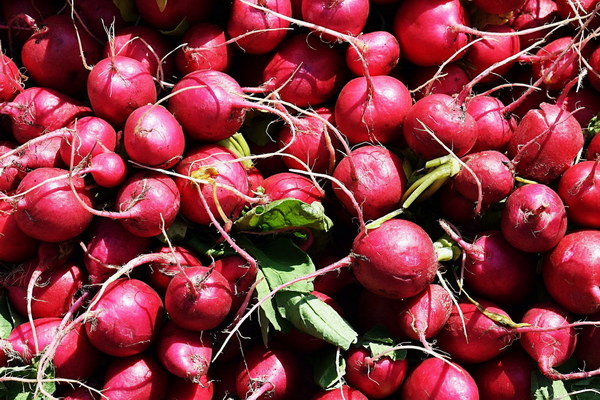The Comprehensive Guide to LungNourishing and PhlegmRelieving Chinese Herbs
Introduction:
Lung health is crucial for overall well-being, and in traditional Chinese medicine (TCM), certain herbs are recognized for their ability to nourish the lungs and alleviate phlegm. This comprehensive guide explores a wide array of Chinese herbs known for their lung-nourishing and phlegm-relieving properties, offering insights into their uses, benefits, and potential applications in maintaining respiratory health.
1. Baical skullcap (Scutellaria baicalensis):
Baical skullcap is a popular herb in TCM for its cooling and anti-inflammatory properties. It is often used to clear heat from the lungs, reduce phlegm, and soothe sore throats. Additionally, it may help boost the immune system and protect against respiratory infections.

2. Licorice root (Glycyrrhiza uralensis):
Licorice root is renowned for its sweet taste and soothing effects on the respiratory system. It is commonly used to moisten the lungs, reduce phlegm, and alleviate coughs. Furthermore, licorice root has anti-inflammatory properties that can help alleviate symptoms of bronchitis and asthma.
3. Ophiopogon (Ophiopogon japonicus):
Ophiopogon, also known as lilyturf, is a staple in TCM for lung-nourishing and phlegm-relieving purposes. It contains polysaccharides that can boost the immune system, enhance lung function, and reduce inflammation. Ophiopogon is often combined with other herbs to treat chronic respiratory conditions.
4. Astragalus (Astragalus membranaceus):
Astragalus is a well-known adaptogen that can strengthen the immune system and improve lung function. It is often used to treat chronic respiratory conditions, such as asthma and chronic obstructive pulmonary disease (COPD). Astragalus can also help reduce phlegm and clear the lungs.
5. White peony root (Paeonia lactiflora):
White peony root has been used in TCM for centuries to nourish the lungs and alleviate coughs with phlegm. It is known for its anti-inflammatory and analgesic properties, which can help soothe the respiratory tract and reduce pain.
6. Mulberry leaf (Morus alba):
Mulberry leaf is a versatile herb that can be used to nourish the lungs and relieve coughs with phlegm. It contains natural antioxidants that can help boost the immune system and protect against respiratory infections. Additionally, mulberry leaf may help reduce inflammation and improve lung function.
7. Platycodon grandiflorum:
Platycodon grandiflorum, also known as balloon flower, is a popular lung-nourishing herb in TCM. It is used to clear heat from the lungs, reduce phlegm, and alleviate coughs. Platycodon grandiflorum may also help improve lung function and strengthen the immune system.
8. Fritillaria thunbergii:
Fritillaria thunbergii, or thunberg lily, is a potent lung-nourishing herb with expectorant properties. It is commonly used to treat coughs with phlegm, asthma, and bronchitis. Fritillaria thunbergii may also help reduce inflammation and improve lung function.
Conclusion:
The use of Chinese herbs for lung-nourishing and phlegm-relieving purposes has a long-standing tradition in TCM. By incorporating these natural remedies into your wellness routine, you may be able to improve your respiratory health and alleviate symptoms of lung-related conditions. However, it is essential to consult with a qualified TCM practitioner before starting any new treatment to ensure its safety and effectiveness for your specific needs.









